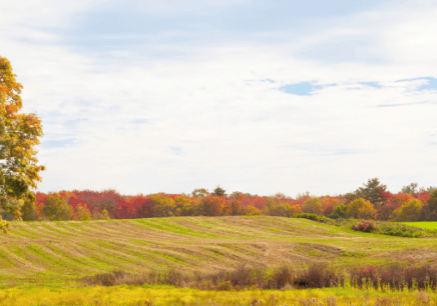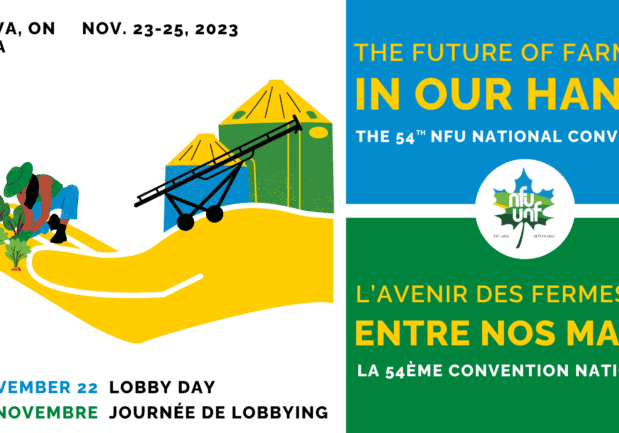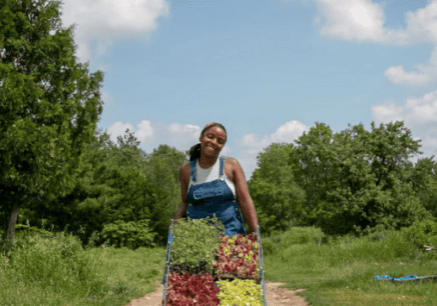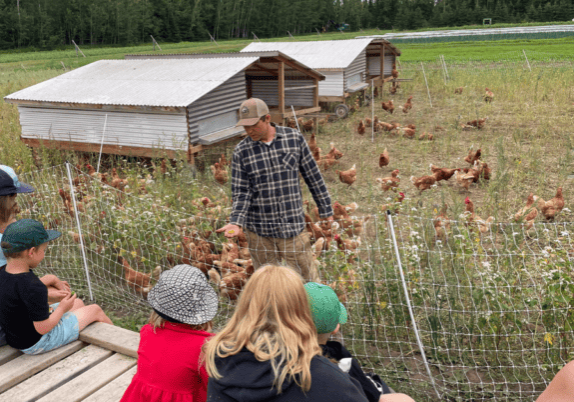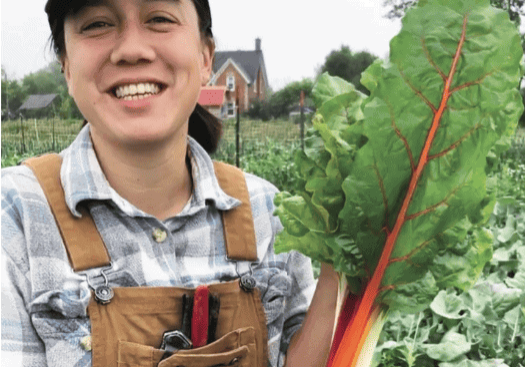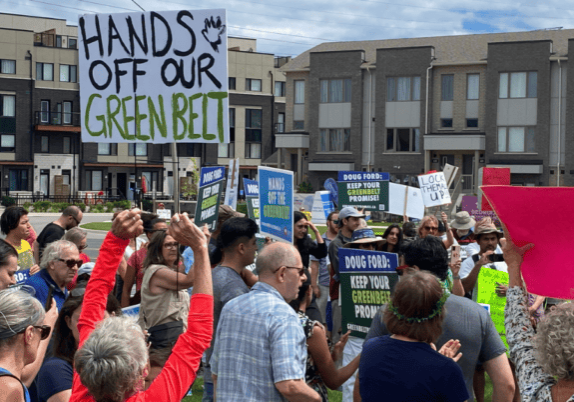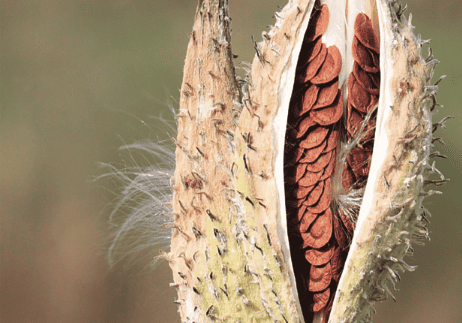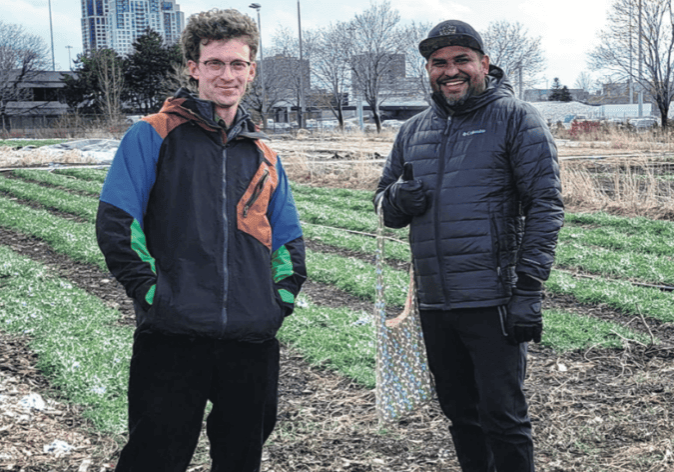2018 Election Questions – Responses Added
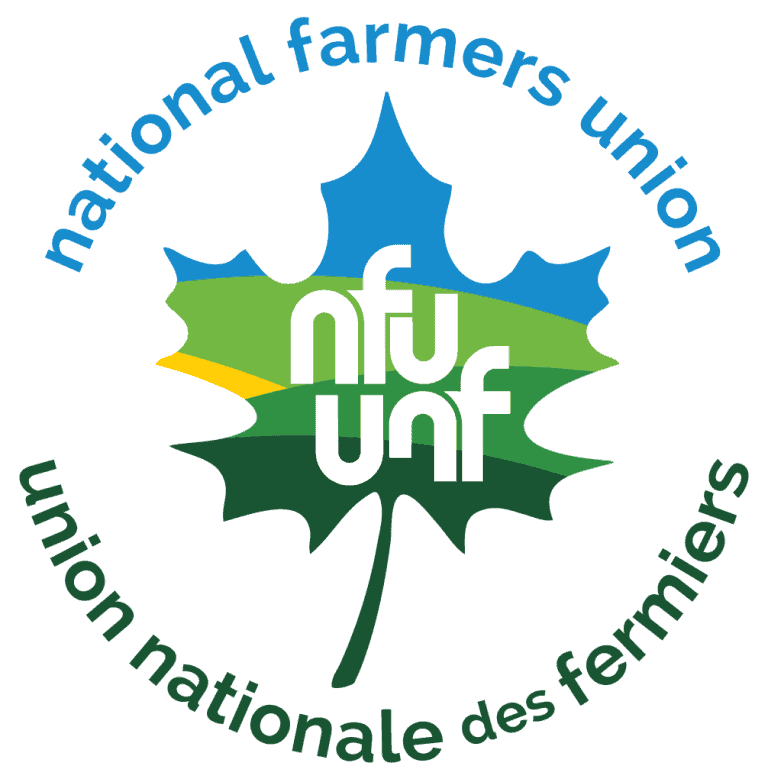
In light of the upcoming election, we reached out to parties to ask their opinion on key agricultural issues. Party responses in the order they were received:
- Food sovereignty means that every Canadian citizen has the right to define and control their own food systems as well as being able to access and afford Canadian-produced healthy, high quality food, which is grown or raised in an environmentally, economically and socially sustainable manner. This is not compatible with an export driven food program which places corporate sovereignty above Canadian rights to access food first.
- Does your party support this position, and if so, what policies do you propose to support constructive legislation which achieves Canadian food sovereignty?
- The true measure of economic success is a stable and predictable net income for farm families. Often political messaging alludes to concepts such as prosperity, net impact of agriculture to the country’s/province’s GDP, and economic outlook for the farming sector. However, these broad economic analyses almost always ignore this most critical of all measurements.
- How will your party enshrine “net economic return” as a principle measurement for analysis of farm needs, as an effective tool to evaluate all government taxation and spending activities, and the distinguishing measure of food producer health?
- How will your party implement this upon gaining control of the government’s legislative agenda?
- As generational transfers in farming are now entering an unprecedented pace, significant economic barriers are preventing the continuance of many viable farm businesses. These barriers can be exacerbated for people based on gender, religion, race, etc. Government policies, or lack thereof, pose the most significant barrier for next generation succession and for new entry farmers. The present course is clearly identified through statistics Canada data with significant yearly drops in the number of active farm operations. Without real public policy, the government-fueled trend to larger farm operations, as well as farm land being purchased by non-farm speculative sources, is a threat to Canadian food sovereignty.
- What are the 3 most significant measures that your party is prepared to enact that ensure true scalable access and ownership of economically viable farm businesses and the land required for next generation food producers?
- Regardless of your party’s position regarding climate change, extreme weather events and human activities have created significant hardships for food producers, and these negative effects have necessitated actions to improve the environmental sustainability of our food production system. Food producers have not received fair societal support, nor recognition, for their role and potential to improve our collective environment.
- What are the key initiatives that your party is prepared to take which will empower food producers to engage in an effective environmental stewardship plan for Ontario that protects food production capacity, provides true net financial support, and respects private ownership rights?
- Every food producer has the right to produce food within the laws of society, and every eater has the right to know the origins of the food they purchase. Far too often, one sided, heavily influenced lobbies hijack societal debate regarding food source and production methods, and processors and retailers take significant liberties with food origins and ingredient sources, including at farmers’ markets.
- How will your party ensure the right of consumers to know with certainty the origins of their food are consistent with a clearly defined standard kept in public trust via their government vs big budget advertising, and how will you work with other levels of government to ensure that we the people define those terms?
- Rural community infrastructure is a necessary and critical component to a thriving local food system for Ontario residents. Government neglect and/or regulations accelerate the viability deficit for much of this infrastructure. For example:
- imposing near federal standards onto provincial small-scale abattoirs where compliance costs are unrealistic and unfair for the business model to survive,
- permitting rural first response medical access points to be swept into large centralized super facilities leaving rural residents exposed to a lesser standard of emergency health care,
- failing to assist rural communities in replacing secondary employers that support existing local infrastructure such as hardware stores, schools, churches, grocery stores, etc.,
- giving lucrative access for alcohol retailing to super players such as Loblaw’s while largely ignoring the local smaller retailers,
- imposing ever increasing standards for municipal infrastructure projects and services, such as road construction, fire services, and policing, while failing to ensure that funding supports match the dictates from Queen’s Park.
- What specifically will your party do to concretely correct this trend, and how will local food producers hold your party accountable?
- Food producers in Ontario are forced to compete against other jurisdictions – some on a price-taker public market exchange, some within supply managed sectors, and some on a supply/demand roller coaster. Regardless of food sector, Ontario farmers assume politically determined costs of production such as hydro, wage disparities, compliance costs, taxation, etc.
- Given the political cost of doing business, how will your party ensure Ontario food producers are competing on a level playing field against out of jurisdiction products entering Ontario under trade agreements, so that these same burdens are applied equally to them?
- How will you defend a legitimately equal playing field for small farm businesses to compete?
- The NFU considers social stewardship every bit as vital as economic and environmental stewardship in our approach to food. Ontario’s society presently engages in a colonial inspired food production model which has grown and evolved over time into our present food system. Nevertheless, colonial ownership, distribution, trade, support systems, etc. still serve as a major influence for our present food system.
- How does your party intend to fairly reconcile Indigenous rights and legal obligations with our present society for all affected parties, and how will Indigenous rights be reflected within the Ontario food system?
- Urban sprawl, fueled by non-farm speculative acquisition, presents a clear threat for the protection of prime agricultural farmland. The NFU is a strong proponent of an approach that would see all of Ontario temporarily greenbelt-ed, allowing for a farmland-centric plan for Ontario’s growth. Developer driven growth should not be the defining driving force over community wishes.
- What has your party done in the past to protect farmland, and what is your plan to effectively end Ontario sprawl, rejuvenate existing communities, and protect forest, water, and farmland from our own greed?
- Projecting your party positions, what does Ontario food production look like in 50 years: who owns the land; who are the people farming it; who controls the offerings for food choice; and what changes?
Responses are posted in the order they were received.
Green Party of Ontario
[gview file=”https://nfuontario.ca/new/wp-content/uploads/2018/05/National-Farmers-Union-GPO-response.pdf”]
NDP
[gview file=”https://nfuontario.ca/new/wp-content/uploads/2018/05/NDP-National-Farmers-Union-Ontario-FINAL.pdf”]
Liberal Party
Awaiting response
Progressive Conservative Party
Awaiting response
These Op-eds and Commentary might also interest you:
The Greenbelt lands are back but why stop there?
National Farmers Union – Ontario Newsletter The Rural Voice | December 2023 The NFU-O Calls on Rural Voice readers to help advance Environmental Protection, Food...
Fertile grounds: Exploring alternative land access opportunities
National Farmers Union – Ontario Newsletter The Rural Voice | November 2023 The Greenbelt win has shown how important farmland protection is to Ontarians, but...
The NFU convenes in Ottawa this November!
National Farmers Union – Ontario Newsletter The Rural Voice | October 2023 If you’ve been reading the Rural Voice, you know that the NFU continues...
The metamorphosis of Lucky Bug Farm
National Farmers Union – Ontario Newsletter The Rural Voice | September 2023 When the COVID-19 pandemic began, Aliyah Fraser was an urban planner. Months later, she...
Op-Ed: Growing Concerns — Food & Agriculture’s Absence from Public Discourse
By Brendan Grant We’ve tried our best recently to refrain from using the “F” word, but with rapidly shortening days, some very chilly recent nights,...
Camille Yu-San Koon is Cultivating Crops and Community
National Farmers Union – Ontario Newsletter The Rural Voice | August 2023 In 2021, Camille Y u-San Koon found herself searching for work that would...
The fight to protect Ontario’s finite farmland continues: We need you to join the fight!
National Farmers Union – Ontario Newsletter The Rural Voice | July 2023 Once again, farmland is under attack in Ontario. On April 6, 2023, the...
“Planting the Seed”: Growing Native Plants
National Farmers Union – Ontario Newsletter The Rural Voice | June 2023 Across the country, changes in bylaws and regulations are resulting in a massive...
NFU-O President engages with policy makers and community leaders to enact change
National Farmers Union – Ontario Newsletter The Rural Voice | May 2023 Ontario farmers face a range of challenges, from the threat of farmland loss...

